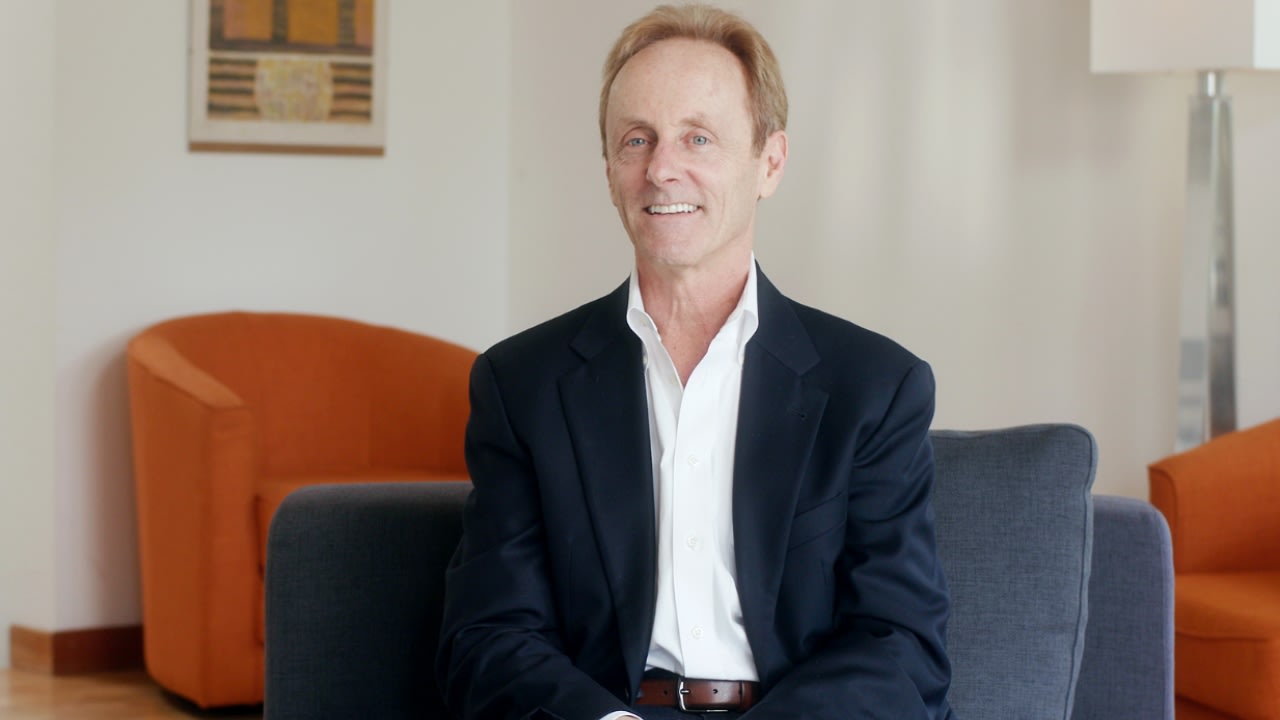Pre-emptive actions needed to face job challenges in 2023: Josh Bersin Company

There is a need to redefine the workplace dynamics to pre-empt newer challenges coming the way for working professionals, reveals a study by The Josh Bersin Company.
The research and advisory company focused on HR and workforce strategies has launched an extensive new report that offers insight into the dynamics of the workplace and prescribed changes for work to meet newer challenges in the year ahead.
The comprehensive 30-plus page resource, "Predictions for 2023: Redefining Work, The Workforce, and HR," provides a 360-degree assessment of how new approaches to talent management and supporting staff, as well as capability future-proofing, need to emerge as entire industries are upended by a lack of critical skills.
After three years of the pandemic, supply chain issues, inflation, and a move to hybrid working, workforces are, in many cases, feeling exasperated, the report said.
Commenting on the development, Josh Bersin, global HR research analyst and CEO of The Josh Bersin Company, said, "2023 is going to be a challenging year for business and HR leaders, with many CHROs transitioning to becoming something more akin to a Chief Productivity or Culture Officer than has been the case previously.
He added, "Employers will need to step up, because, as companies get serious about their industry transformations and handling a slowing economy, we'll see new ideas about reskilling, mobilizing talent internally, and redesigning jobs. For sure, tools will be there to help, but the best ideas will need to come from HR leads—those visionaries who are in constant dialog with the business and are open to trying new things."
Josh, who is known for his predictions on job scenarios over the past 25 years, laid out what he sees ahead for all areas of HR, based on his company’s ongoing research.
The predictions are part of a major, wider report amalgamating global research. Here are key takeaways which can be useful for the HR space in 2023.
The human resource pool’s changing
Three big workforce trends are shaping the future of work: diversity, longevity, and scarcity. CEOs and CHROs face an ever-growing need to build organisations as diverse as their customers will be.
HR’s role is central: Does your company have a culture of psychological safety, equity, and inclusion? Do people listen to each other?
Another challenge is the overall size of the workforce is shrinking. That means that for now, and probably for the rest of your working lifetime, workers are the ones in charge.
Industries, jobs, and careers are all being rapidly redefined
Industries are converging, creating a massive war for certain skills. To stand any chance of surviving this tsunami of change, the job architecture and structure of business must adapt.
HR leaders need to respond by looking at recruiting, retention, reskilling, and redesign of jobs in one integrated system. There is a massive effort to build skills models and assess skills, as well as for improved internal mobility, talent marketplaces, and new ways of nurturing high-value talent from currently low-status employees.
One of the most important discussion topics in HR right now is skills, but skills and skills-based strategies are not a replacement for the competency models. ‘Skills’ is different, so warrants a different approach.
Hybrid is the future
The new way of working isn’t just about ‘hybrid.’ Companies are redefining the whole idea of the workplace to create better models for modern teamwork, performance management, alignment, and multi-functional working. They need to figure out how to make multiple bosses, projects, and assignments all work in parallel, and often in cyberspace.
Not just global, but workforce sustainability
Global companies are framing a new idea: “People Sustainability.” This is a combination of more conscious support for employees on physical and mental health but also financial wellbeing. And this is happening against a new background of the need to be aware of contractor health and safety, non-discrimination/DEI, child protection, a right to collective bargaining, freedom from sexual harassment, and the right to have leave for personal needs.
Rethinking leadership
One of the largest and most fragmented markets in HR is leadership development. He foresees most companies seriously revisiting their leadership models this year, as so much has changed in the business. Today, leaders don’t 'manage' or 'direct' people very much anymore, and instead, they empower, train, support, align and move people around.
Going forward, everything in HR should be part of integrated and cross-organisational work.


